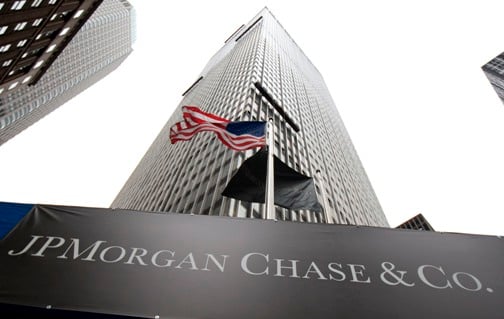


For service-focused financial advisors who might take their well-being for granted, regular check-ins and active listening from the top can provide a powerful recharge.

With Parkworth Wealth Management and its Silicon Valley tech industry client base now onboard, Savant accelerates its vision of housing 10 to 12 specialty practices under its national RIA.

Meanwhile, $34 billion independent First Manhattan welcomed New Jersey-based Roanoke Asset Management, an RIA firm with more than 40 years of history.

Most notably, two chief compliance officers have also recently left the firm.

The latest team to join Cetera, led by a 29-year veteran professional, arrives with roughly $380 million in AUA from OSJ Private Advisor Group.
Orion's Tom Wilson on delivering coordinated, high-touch service in a world where returns alone no longer set you apart.
Barely a decade old, registered index-linked annuities have quickly surged in popularity, thanks to their unique blend of protection and growth potential—an appealing option for investors looking to chart a steadier course through today's choppy market waters, says Myles Lambert, Brighthouse Financial.
